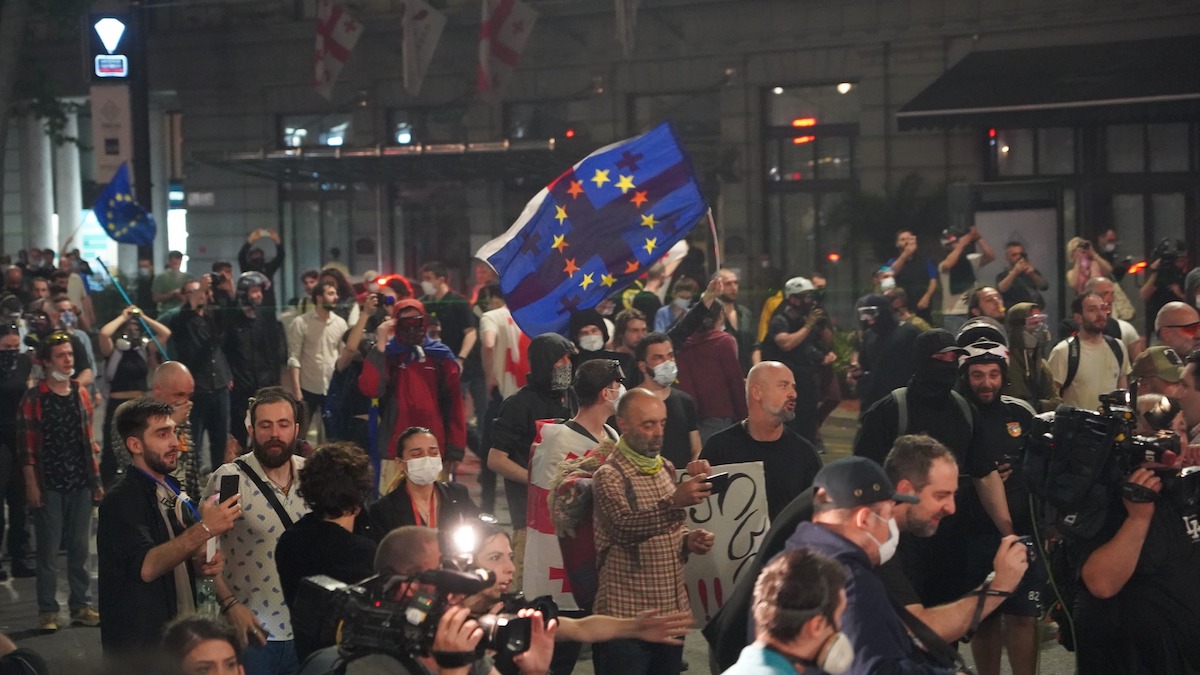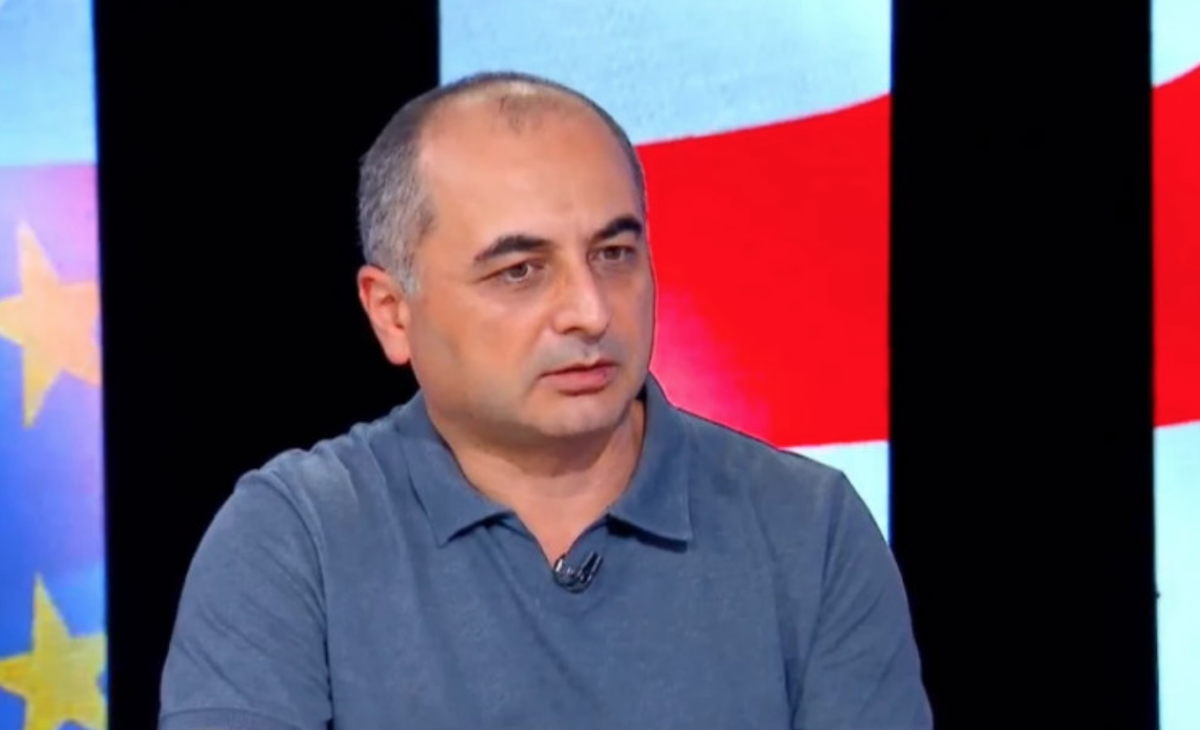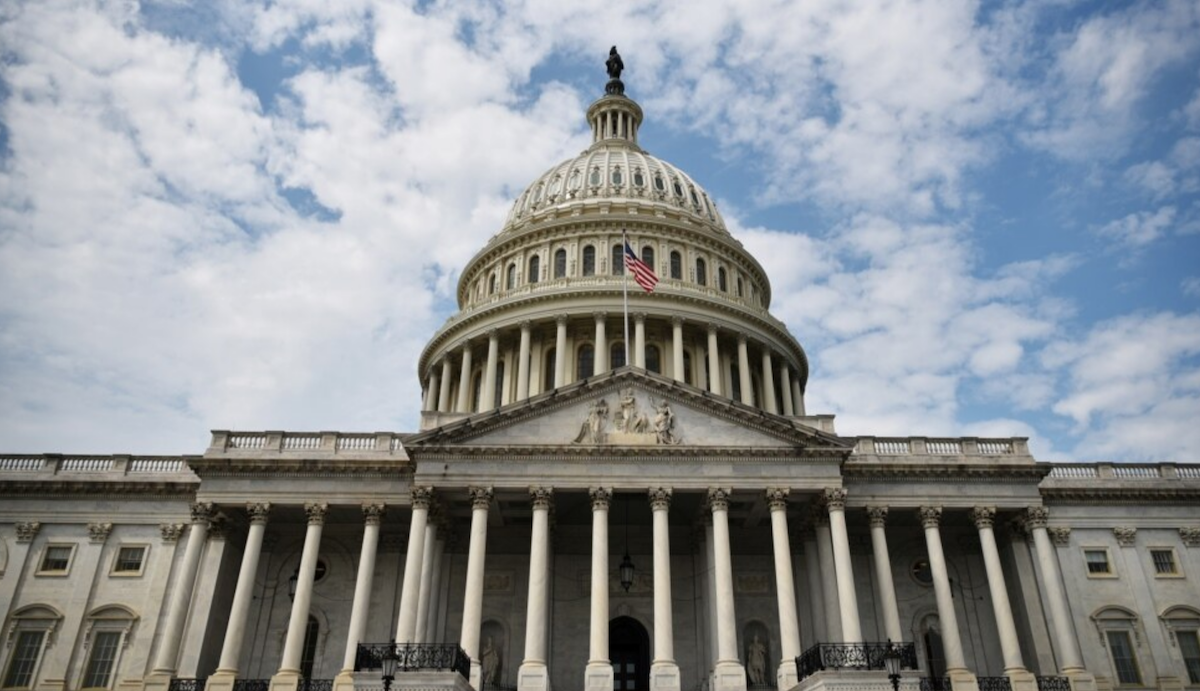ISFED: Georgian Dream party spent over $100,000 on Facebook and Instagram ads in three months
Georgian Dream spending on ads
From April to June of this year, the ruling Georgian Dream party and its representatives spent over $100,000 on Facebook and Instagram ads. This information comes from a study conducted by the International Society for Fair Elections and Democracy (ISFED).
Key findings of the study
● In the second quarter of 2024, political and social advertising for the Georgian audience on Facebook and Instagram amounted to $358,035, which is a 78 percent increase compared to the previous quarter.
● In the second quarter of this year, advertising expenses for political entities increased by 71 percent, reaching $165,000. This rise is largely due to the record-high spending by representatives of the ruling party.
● Advertising expenses for the opposition party Lelo (founded by banker Mamuka Khazaradze) and its representatives’ pages doubled, totaling $33,211. Of this amount, 82 percent was spent on ads posted on the official page of the political movement’s chairman, Khazaradze himself.
- Unlike these two parties, the advertising expenses for the official pages of the Strategy Aghmashenebeli party and its leader Giorgi Vashadze significantly decreased compared to the previous quarter, dropping to $7,084. Other opposition representatives collectively spent less than $20,000 on Meta advertising, according to the advertising statistics.
- The sharp increase in advertising expenses is largely attributed to the ruling party’s adoption of the “Transparency of Foreign Influence” law (the “foreign agents” law).
According to ISFED, the amount paid by media outlets for Meta advertising doubled in the second quarter of 2024. Among the Georgian media’s ads on Facebook and Instagram, the main expenses were incurred by pro-government media outlets: Pos TV, Imedi, and Newshub.
ISFED reports that these three media outlets spent 6.7 times more on advertising than all other Georgian media combined. Pos TV and Imedi spent two to three times more on Meta advertising in April-June than in the first quarter of the year, while Newshub’s expenses in the last quarter were six times higher than the previous quarter.
What’s important to know about Georgia’s ‘foreign agents’ law?
- The “Law on Transparency of Foreign Influence” was initiated by the ruling party “Georgian Dream” and passed by Parliament in its third reading on May 28, 2024.
- The Parliament adopted this law despite massive protests, persistent calls from Georgia’s Western partners, and the opinion of the Venice Commission of the Council of Europe.
- After the passage of the law, the US announced the first package of sanctions against the “Georgian Dream” government. Secretary of State Antony Blinken warned of a “comprehensive review of US-Georgia cooperation.”
- The European Union also took retaliatory measures. In early July, the EU halted €30 million in aid to Georgia and warned of additional measures to come. Senior EU officials have repeatedly indicated that this law distances Georgia from the EU.
- On July 11, the U.S. House Committee on Foreign Affairs passed the Megobari Act, which imposes sanctions on those involved in passing the “foreign agents” law.
The Georgian government’s main argument is that similar laws exist in the U.S. and several European countries, including France. According to Georgian Dream, every country has the right to protect itself from foreign influence and demand transparency from its organizations.
However, this comparison is inaccurate because:
The American law FARA (Foreign Agents Registration Act), to which Georgian Dream refers, was enacted in the U.S. in 1938, before World War II, and aimed to protect the American public from Nazi propaganda. Neither then nor now did FARA apply to America’s allies and friendly countries.
In France, the law on “Foreign State Influence” includes a specific list of countries to which the law applies. This list comprises countries whose influence France considers a threat, including Russia, China, Turkey, and Iran. The French version also specifically states that this law does not apply to EU countries. The Georgian version lacks such provisions. Consequently, this law directly impacts organizations funded by the U.S. and the EU—friendly and partner countries that support democratic processes and numerous vital projects in Georgia, ranging from healthcare and infrastructure to strengthening civil society.
Furthermore, FARA stipulates that the law does not apply to media or NGOs, only to lobbying organizations. The Georgian version does not have this clarification.
Overall, the Georgian law is similar to the Russian law, which primarily affected media and the NGO sector. As a result, all non-governmental and media organizations not controlled by the Kremlin have been shut down in Russia. Hence, the Georgian law has been dubbed the “Russian law.”
It’s also important that this law contradicts EU legislation. When a similar law was adopted in Hungary, it was annulled by the European Court of Human Rights because it was directly aimed at silencing the media and oppressing NGOs.
The “Law on Transparency of Foreign Influence” in Georgia is set to come into effect by September 2024 when a special registry will be ready for “foreign agent organizations” to register. This applies to all organizations where over 20% of funding comes from foreign grants. In a small and not very wealthy country like Georgia, this includes the vast majority of non-governmental organizations.
Many Georgian NGOs and media refuse to register in the registry as they find the label of “organizations representing the interests of foreign states” offensive. “We work honestly in our country, so why should we be called ‘bearers of foreign state interests’?” they protest.
Some small organizations are already announcing their imminent closure. For instance, the NGO Fair Trees Foundation reported that its project to create a free children’s dental clinic would be suspended due to the law’s adoption.
Additionally, almost all animal protection organizations in Georgia rely on foreign grants, and thus the law’s adoption could lead to the closure of many of these organizations.





















